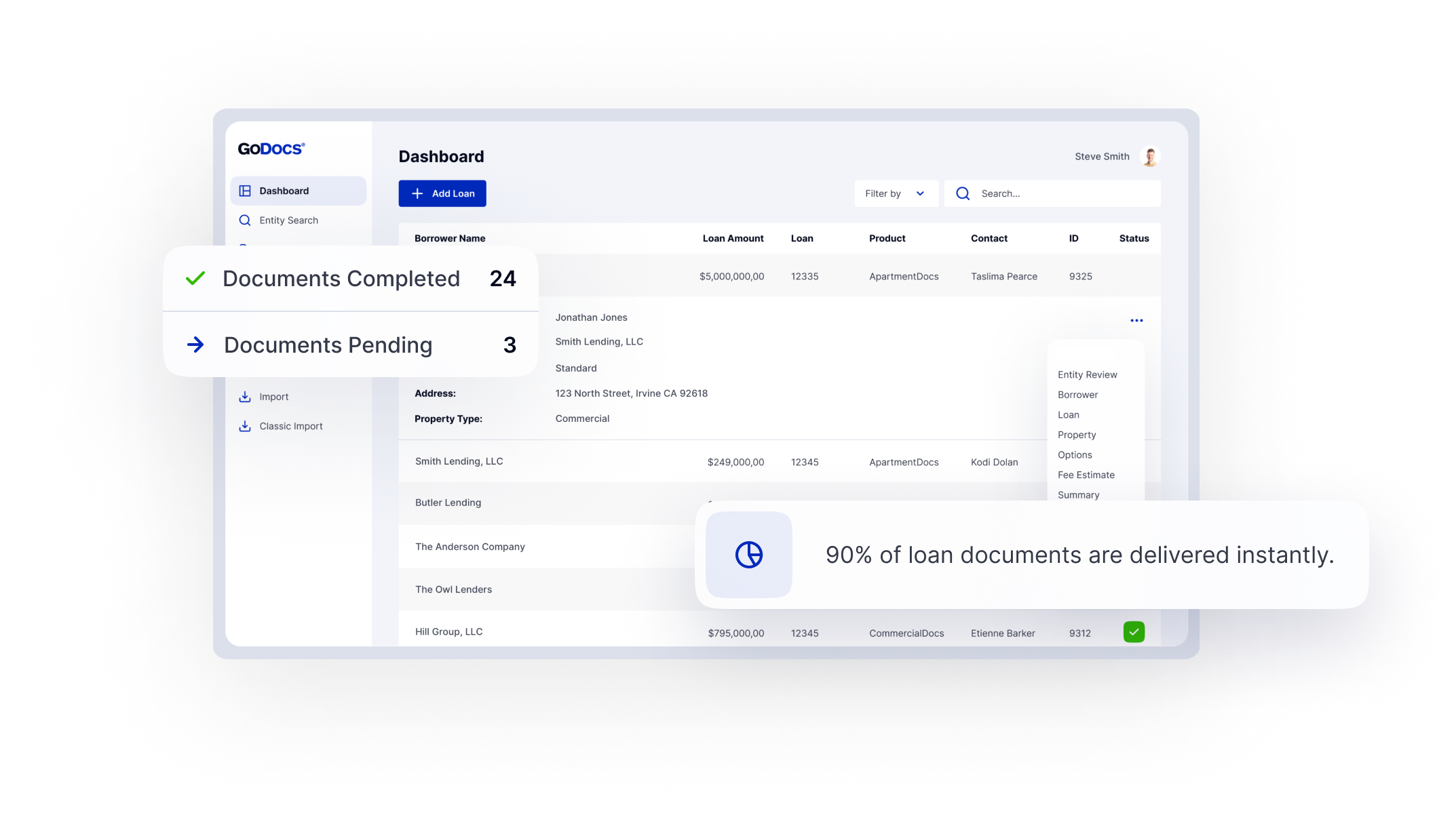Small businesses are the backbone of the economy, driving innovation, job creation, and local prosperity. For banks and credit unions, increasing the volume of small business loans isn’t just about supporting economic growth, it’s a strategic move that enhances financial stability and customer relationships. Here’s why your institution should actively seek ways to expand its small business lending portfolio.
Lower Risk, Backed by the Fed
One of the most compelling reasons to increase small business loan volume is the reduced risk associated with these loans. Many small business loans, particularly those backed by the Small Business Administration (SBA), come with federal guarantees that mitigate lender risk. This means that even if a borrower defaults, your institution is protected from significant losses.
By leveraging these government-backed programs, banks and credit unions can confidently extend credit to small businesses and invest in local communities while maintaining a healthy risk balance. This provides a win-win opportunity: start-ups and small businesses gain the funding they need to commence operations or seize opportunities for growth, while lenders can expand their loan portfolios and strengthen bonds within their communities without unnecessary risk exposure. This is especially helpful during times of economic uncertainty caused by increases in inflation and disruptions in supply chains caused by tariffs and trade wars, and increases in manufacturing costs and chain supply disruptions which follow such global macroeconomic disruptions because other areas of commercial lending like construction and permanent loans may be slowing down or even put on hold. Small businesses serve local communities, source their materials from local suppliers, and have a smaller footprint less prone to be impacted by many global economic disruptions.
Small Business Loans Drive Deposit Growth
A business that secures a loan from your institution is likely to open its operating and/or other deposit account(s) with you as well. This increases cash deposits on hand which is an essential aspect of a financial institution’s stability and lending capability. Higher deposit levels provide a stronger foundation for further lending and investment, ultimately leading to increased profitability.
For community banks and credit unions, these depository relationships are particularly valuable. Small businesses often maintain relatively significant balances, process frequent transactions, and utilize cash management and investment services, all of which contribute to fee income and sources of revenue.
Increased Customer Loyalty and Cross-Selling Opportunities
When a bank or credit union provides a small business loan, it lays the foundation for long-term customer loyalty. Business owners appreciate financial partners that support their growth, making them more likely to maintain an ongoing relationship.
This loyalty often extends beyond the business itself. Many small business owners also bring their personal banking needs to the same institution, including savings accounts, mortgages, and investment services. By building strong relationships through small business lending, banks and credit unions can create a ripple effect, increasing customer lifetime value across multiple financial products.
The Bottom Line: A Smart Growth Strategy
Expanding small business lending isn’t just good for the economy, it’s good for a financial institution’s overall business. With lower risks due to federal backing, the potential for significant deposit growth, diverse customer relationships over a multitude of financial products, and the opportunity to foster long-term customer loyalty, banks and credit unions have every reason to actively increase their lending efforts.
While the SBA lending landscape shows strong demand and government backing provides a critical safety net, it’s essential for lenders to remember that SBA loans are not risk-free. Historical patterns from the Great Recession and current economic signals point to a potential increase in loan defaults. With delinquencies on the rise, the opportunity must be balanced with smart, risk-aware lending practices.
What SBA Lenders Should Keep in Mind:
- Stress-Test Borrower Resilience: Go beyond traditional underwriting. Consider how a borrower would fare under continued inflation, reduced consumer demand, or tightened capital markets. Look at cash flow and asset value trends, not just snapshots.
- Monitor for Real-Time Red Flags: Establish proactive monitoring processes, such as requiring more frequent financial reporting, being diligent in testing and requiring strict compliance with financial covenants, and tracking key risk indicators that align with the borrower’s industry and location.
- Factor in Macroeconomic Volatility: SBA lenders must weigh not just the creditworthiness of the borrower but also the sector’s exposure to broader economic shifts—especially in industries like retail, hospitality, office, multi-family and construction that may face headwinds.
- Plan for Recovery and Workouts: Have contingency workflows in place for a proactive approach to loan workouts and modifications, and ensure documentation is up-to-date and compliant to avoid delays when issues arise.
The takeaway? SBA lending is a powerful tool in uncertain times—but only when paired with a disciplined risk management approach. By tightening controls today, lenders can ensure they’re not just growing their loan book but safeguarding it for the long haul.
By positioning your institution as a trusted financial partner for small businesses, you create a foundation for sustainable growth, stronger community ties, and enhanced profitability. If your bank or credit union isn’t maximizing its small business lending potential, now is the time to make it a priority.
We use these insights to benchmark commercial lending trends and deliver more relevant resources. See how we protect your data in our Privacy Policy.
Head of Business Strategies & Partnerships








